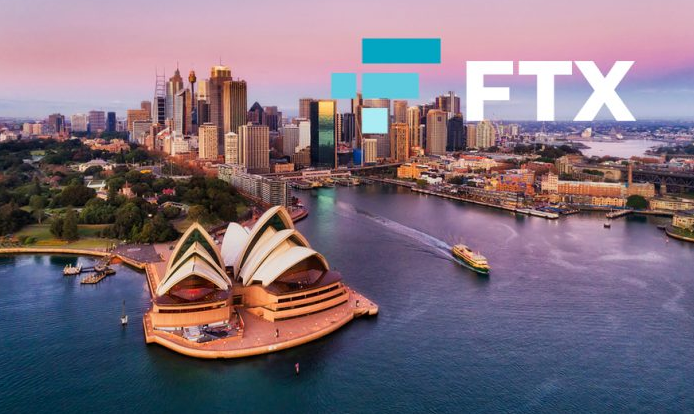FTX, the now-bankrupt cryptocurrency exchange, has had its financial license for the local subsidiary, FTX Australia, revoked by the Australian Securities and Investments Commission (ASIC). This decisive action represents a notable moment in Australia’s efforts to tighten its grip on the crypto industry.
FTX Australia serviced around 30,000 retail clients and 132 local companies before ASIC suspended its Australian Financial Services (AFS) license in November last year.
The suspension was carried out shortly after FTX, headquartered in the Bahamas, filed for bankruptcy on November 11, 2022, citing an inability to repay customers entrusted to the exchange entirely.
Committee’s Stricter License Scrutiny Recommendations
FTX Australia can provide limited financial services with the license cancellation until July 12, 2024. During that time, it must conclude its dealings with clients and make arrangements to compensate them.
ASIC has cancelled the Australian financial services licence held by FTX Australia https://t.co/Gsmsg9XcYj
— ASIC Media (@asicmedia) July 19, 2023
This move by the regulator reflects a firm stance on safeguarding the interests of investors in the crypto market.
The aftermath of FTX’s collapse has had far-reaching effects on the Australian crypto landscape. The country’s parliamentary committee has called for closer scrutiny of financial licenses, leading ASIC to beef up its workforce to handle these newfound priorities, mirroring the actions of regulatory agencies worldwide.
FTX: Asset Recovery And Misappropriation Claims
Furthermore, Australia’s stringent approach toward crypto exchanges has also affected other significant players. Two days before the FTX Australia license cancellation, the nation banned central Australian banks from processing payments to Binance.
The Australian offices of Binance were also subject to investigation as part of a broader probe into the crypto industry, mainly focusing on Binance’s derivatives offerings and the classification of its clients.
Bitcoin loses grip on the $30K handle. Chart: TradingView.com
In the face of the turmoil, there have been intriguing revelations. Creditors of FTX have alleged that BlockFi CEO, Zac Prince, was aware of FTX’s financial difficulties before the exchange’s collapse. This highlights the interconnected nature of the crypto space and raises questions about accountability and transparency.
Moreover, FTX has faced legal challenges in the form of a criminal lawsuit by the U.S. government, accusing its founder, Sam Bankman-Fried, of fraud. Bankman-Fried has vehemently denied the allegations and pleaded not guilty.
Since his arrest in the Bahamas in December, the ex-FTX CEO, Sam Bankman-Fried, has mostly remained restricted to his parents' residence. Source: Reuters
Australia As Global Leader In Crypto Adoption
Due to characteristics like a tech-savvy populace, a strong financial technology sector, and government backing for innovation in the financial industry, cryptocurrency is extremely popular in Australia.
As a result, there are now a large number of cryptocurrency exchanges, companies, and startups, and many retailers and service providers accept digital currencies as valid forms of payment.
For Australian authorities and politicians, the changing nature of the crypto market presents difficulties. As a result of their efforts to strike a balance between promoting innovation and safeguarding consumer interests, the regulatory landscape around cryptocurrencies in the country is rapidly changing.
Featured image from LeapRate
